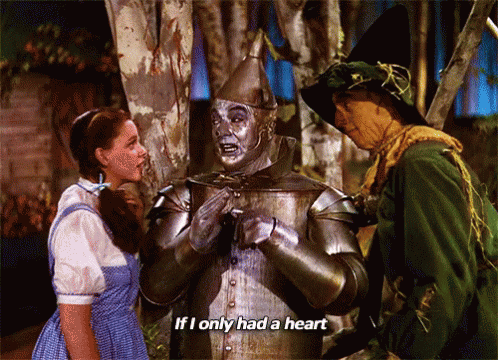(A) Rhetorical analysis was eye-opening and over many weeks, made me not only a better reader, but a better writer as well. I was able to dissect the choices of famous authors across the world and learn how to craft a persuasive argument myself using the techniques I had up to a point, only read about.
After months of writing nothing but rhetorical analysis, I felt not only prepared, but desperate to apply the skills I absorbed into writing of my own. (B) Argument came to me then like a gift, relieving me of that anticipation. I was finally able to take the words out of my head and scribble them on a piece of paper. (A,B) I didn't need to highlight repetition and identity ethos appeals in other people's works, I needed to figure out where them into my own essays. Not only did this give me respect for the authors I read in the past that coerced audiences so efficiently, but made me a better writer as well.
After months of writing nothing but rhetorical analysis, I felt not only prepared, but desperate to apply the skills I absorbed into writing of my own. (B) Argument came to me then like a gift, relieving me of that anticipation. I was finally able to take the words out of my head and scribble them on a piece of paper. (A,B) I didn't need to highlight repetition and identity ethos appeals in other people's works, I needed to figure out where them into my own essays. Not only did this give me respect for the authors I read in the past that coerced audiences so efficiently, but made me a better writer as well.
However, although I had great gratitude and respect for argument, there was something missing.
My grades were static, and I craved to move forward in my writing.
My grades were static, and I craved to move forward in my writing.
I struggled to figure out what wasn't working. (A,B) I was applying everything I learned. I built my arguments with a combination of appeals and incorporated every rhetorical device I could that made sense in the context. Sure, argument was new, but I wasn't growing at all and my grades were lower than they were on rhetorical analysis. Why?
I answered my own questions five minutes before I got out of work on a Saturday night. One of my coworkers is a journalism major, and in the midst of writing my annual essay, I took advantage of a particularly dead shift I had with him behind the concession stand. He looked me straight in the eyes after reading over the first draft of my death penalty argument.
"It's really good, but there's no emotion."
I was, in a word, aghast. How could he possibly think that?
But then I read it over. I glossed my eyes over the words, brain astounded by the statistics and legitimacy of the sources of information, and I knew he was right. My brain was fully invested, but my heart remained untouched.
I went home that night and wrote what was arguably the the best essay of my high school career
(B) Lines from one of my favorite paragraphs: "The death penalty puts the beliefs and career objectives of medical professionals at stake by coercing doctors to kill rather than save. Doctors and other health professionals are supposed to save us and to do everything in their power to heal us. To make them kill people is to turn them into everything they are supposed to be against. Forcing a pilot to crash a plane, or a captain to capsize a ship. Medics commit to the Hippocratic oath, promising that they “will keep them from harm and injustice,” and, “will never give a deadly drug to anybody who asked for it” (Tyson, Peter). Yet against everything the oath upholds, almost every state that kills by lethal injection requires that a physician either assist or carry out the execution. Physicians cannot uphold an oath to not harm patients or give a deadly drug when they simultaneously have their fingers wrapped around a potassium chloride-filled syringe.”
(A,B) Applying what I knew from rhetorical analysis into my argument writing was essential and beneficial, but my annual essay taught me that if you aren't passionate about what you're arguing, the reader won't be interested in what you're writing.
The heart is the most important thing in argument, as a passionate writer induces a passionate audience.
(Accurate representation of me leaving Lang this year)
↩


No comments:
Post a Comment